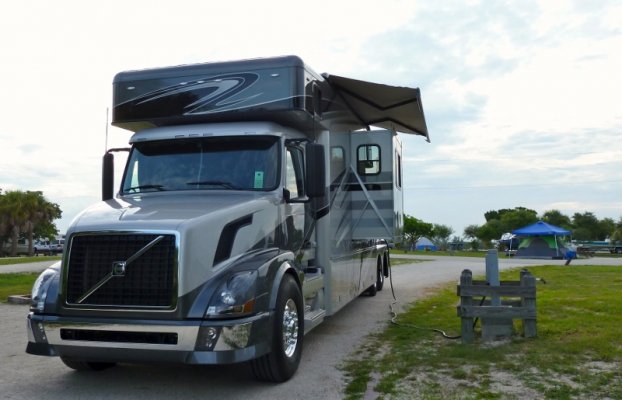I really appreciate all of the replies! Rather than answering each individual, here are some points that will help clarify what has been brought up.
I am interested in finding a tax professional that has some experience with fulltiming in an RV. Rather than going to a chop-shop "over the counter" tax company where unique situations like this probably won't get handled well, I posted in case people had a recommendation regarding someone that has experience with this type of situation. If people have had any luck here, let me know!
(Gary this next part is not for the explicit hope of gaining tax advice here, just sharing for a richer understanding for those that are interested)
There are 5 places in Indiana that I have work in, everything from adjunct/part-time positions to freelance that is somewhat regular. This makes up 80% of my work. The other 20% involves travel elsewhere- everything from other places in Indiana to other states. Paying rent made absolutely no sense to me as I would be living out of a suitcase and hardly ever home, so instead I thought it would be more fitting to live out of a 23' suitcase and always be at home.
Even if couch-surfing and hotels sounded appealing, most of my work involves playing (and therefore practicing) a bass trombone regularly. Believe me, it's not the type of thing you can really do in a hotel or a friend's living room... The RV also provides a studio space to practice wherever I go, which has been fabulous. It has been great thus far, except for explaining it to the government in a way that they can fit it into a category "on the sheet".
Again, thanks for all of your insight. I am thankful for such a giving community!
Safe travels all!
Jason

